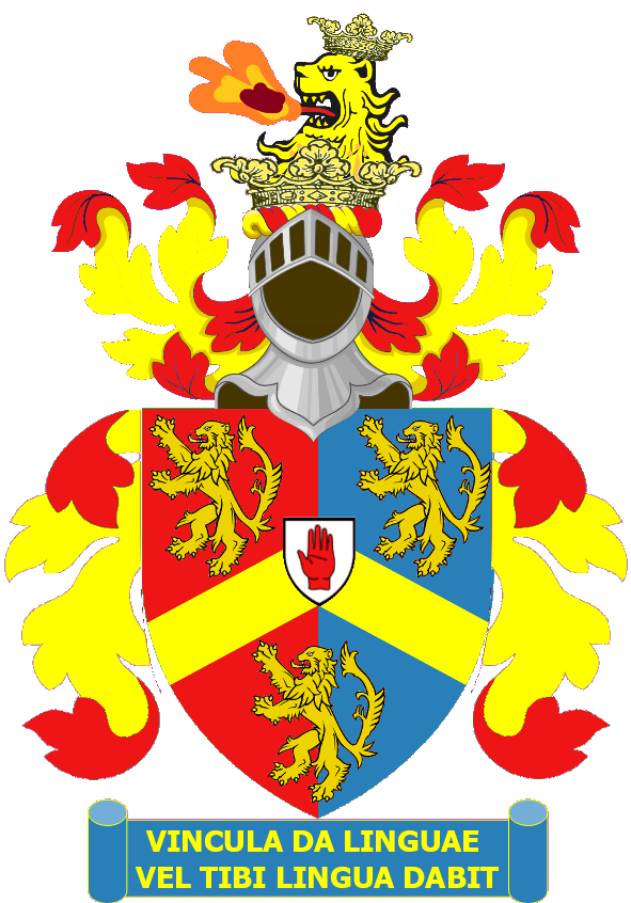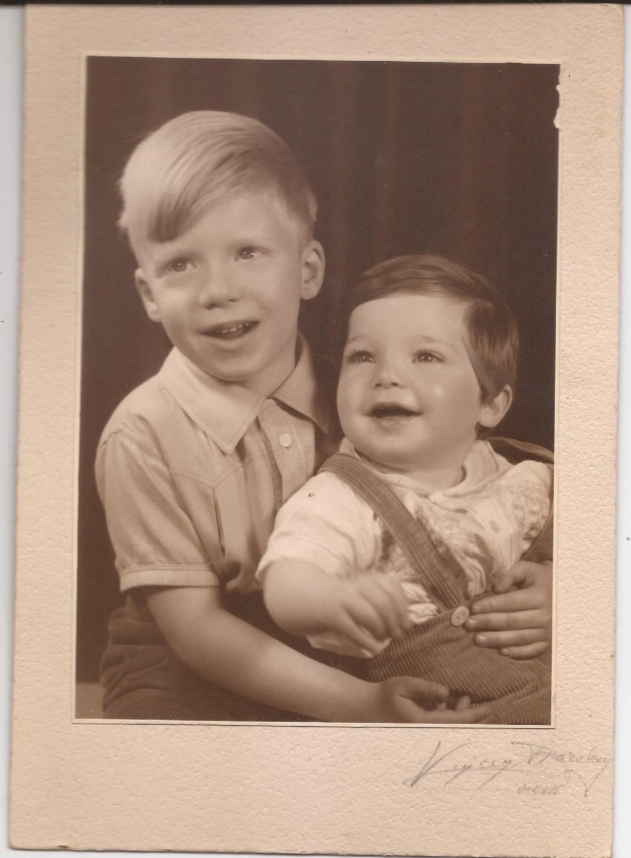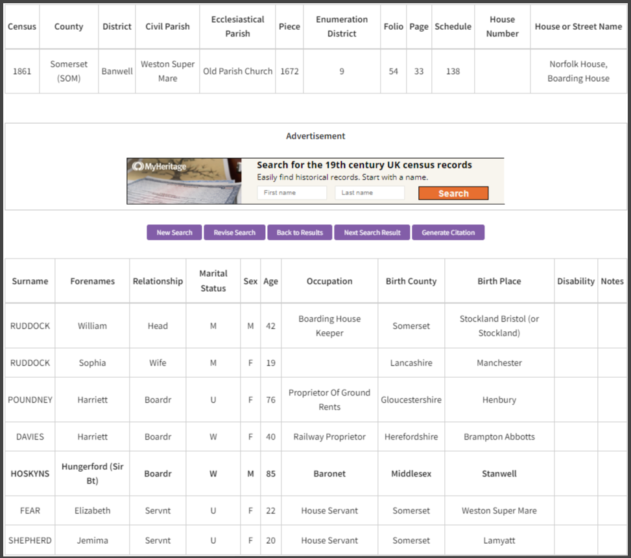FreeCEN helps family history researcher establish link to baronetage
Happy researchers sometimes contact us to share the good news of their finds using Free UK Genealogy websites. Some have even found links to royalty or British aristocracy which confirm family ‘tales’ which were passed down through the generations.
Rhys Southern, who lives in Australia, got in touch recently, having made such a find, and expressed how useful FreeCEN had been for census records. He wrote: “We have been researching our family history for more than 50 years. Recently I started doing some online research with my father, and we discovered a very interesting past, with my direct ancestors being the baronets of Harewood in the UK.”
The Hoskyns Baronetcy, of Harewood in the County of Hereford, is a title in the Baronetage of England, which was created in 1676 for Bennet Hoskyns, then MP for Wendover, Hereford and Herefordshire.

Rhys asked if we would like to share his story – and we think it’s a great example of what can be discovered with good quality records and a little perseverance. As Rhys says, it might just help people who are starting their ancestry journey.
We are sharing Rhys’ story through a simple Q&A.
What inspired you and your family to begin researching your genealogy?
My father, David, and his brother John grew up hearing tales about our ancestors from their parents. These stories were fascinating, but never officially documented. Over the past 30 years, they started piecing together our family history, uncovering some connections to the Hoskyns. My own curiosity led me to join them, using both free and paid search indexes to dive deeper into our past.

David and his brother, John
What were some of the major challenges you faced in your research, especially concerning older records?
One of the biggest hurdles was navigating the accuracy of records before the 1900s. At one point, we encountered 70 individuals with the same name born in the same year and area. It became a formidable task to sift through these records and identify our actual ancestors among many potential matches.
What tools and resources proved most valuable in your genealogical research?
We used a combination of free platforms, such as Free UK Genealogy and Find A Grave, and paid platforms such as Ancestry.com, and FindMyPast. These resources were invaluable for accessing a wide range of records, from census data to vital records, helping us piece together the lives and movements of our ancestors over the decades.
How did using FreeCEN, in particular, help you in your research?
I used FreeCEN mainly to quickly confirm information (about the Hoskyns family) that we had found from less reliable sources. We found a lot of false family trees along our journey, and using FreeCEN to quickly confirm or deny other information saved a lot of time!
The search functionality is extremely user friendly and, with no registration required, it is super simple.

Could you share more about your most significant ancestral discoveries?
As well as tracing our lineage back to the Hoskyns baronets of Harewood in the UK, among our other more notable ancestors is Clara Southern (1860-1940), a well-known artist associated with the Heidelberg School (also known as Australian Impressionism). Additionally, a distant cousin had a familial connection to Christopher Wren's granddaughter, which was a fascinating discovery.
In the early 2000s, my father contacted the publishers of Debrett’s Peerage & Baronetage* to try and get us entered into the book as descendants of the Hoskyns. For some reason, they denied his request, and that was put away in the cupboard. After re-confirming our link with the Hoskyns and gathering more evidence, I reached out to Debrett’s again, and they entered us into the book in 2023.
What personal impact has uncovering your family history had on you?
Exploring my family history has been incredibly rewarding. It has given me a profound sense of connection to my roots and a better understanding of how my ancestors lived. We've unearthed a wealth of material, including old photographs and immigration records, which has brought our family's past to life.
What advice would you offer to beginners in genealogy?
Be sceptical of the information you find, especially in family trees contributed by users. It's crucial to verify each connection with two or three sources. Marriage certificates are particularly useful, as they often list parents' names, allowing you to cross-reference these details with birth records to confirm relationships.
We’d like to thank Rhys for contacting us to share his experience. Do you have an interesting research story you’d like to share with fellow family historians? If so, please get in contact info@freeukgenealogy.org.uk
*Debrett's Peerage & Baronetage includes a short history of the family of each title holder, and has been published roughly every five years since around 1770.

